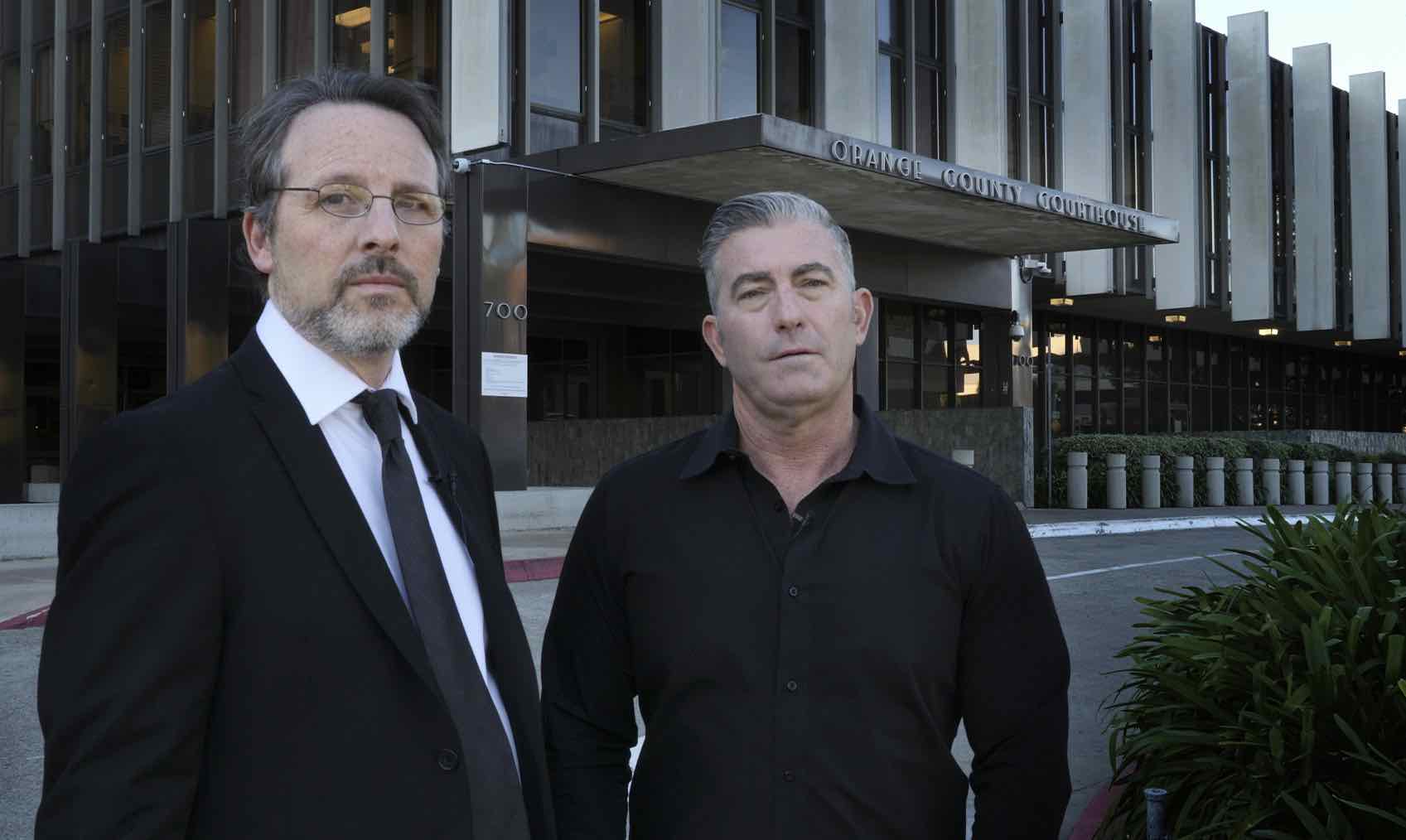
Unregulated jailhouse informant testimony is sending innocent people to prison—and even to death row—while costing taxpayers millions, and failing to bring justice to victims of crime.
03.06.19 By Innocence Staff

What could be worse than going to prison for a crime you didn’t commit in part because someone fabricated testimony against you? Making matters worse, those people providing that testimony receive leniency in their own cases or other benefits in exchange for their untruthful testimony. Unregulated jailhouse informant testimony sends innocent people to prison—and even to death row — while costing taxpayers millions, and failing to bring justice to victims of crime.

New York Times: Use of Jailhouse Informers Reviewed in Los Angeles (1989)
Jailhouse informant testimony is one of the leading contributing factors of wrongful convictions nationally, playing a role in nearly one in five of the 367 DNA-based exoneration cases.
Jailhouse informants are people in prison who are incentivized to testify against a defendant in exchange for a benefit, which can include receiving leniency in their own case.
The promise or expectation of possible benefits from prosecutors creates a strong incentive to lie, and the secretive nature of the jailhouse informant system makes cross-examination and other legal safeguards against unreliable testimony ineffective. In many wrongful convictions, defendants were not given key information related to the credibility of the jailhouse informants who testified against them including the benefits they received, previous cases in which they acted as jailhouse informants, and their criminal history.

The Innocence Project seeks to foster greater awareness around the criminal justice system’s dangerous reliance on jailhouse informants and its devastating consequences.
This campaign explores accounts of people who’ve been directly affected by either the illegal use of jailhouse informants or fabricated jailhouse testimony. From exonerees James Kluppelberg, Ellen Reasonover, Marvin Reeves, to advocates Paul Wilson and Christy Sheppard, along with public defender Scott Sanders, see how informant testimony is sending innocent people to prison, death row, costing taxpayers millions, and failing to bring justice to victims of crime.
And while some states are leading the way in implementing safeguards against false jailhouse witness testimony, a lot more needs to be done across the country to truly tackle this problem. That’s why the Innocence Project is asking for your support to accomplish nationwide reform.
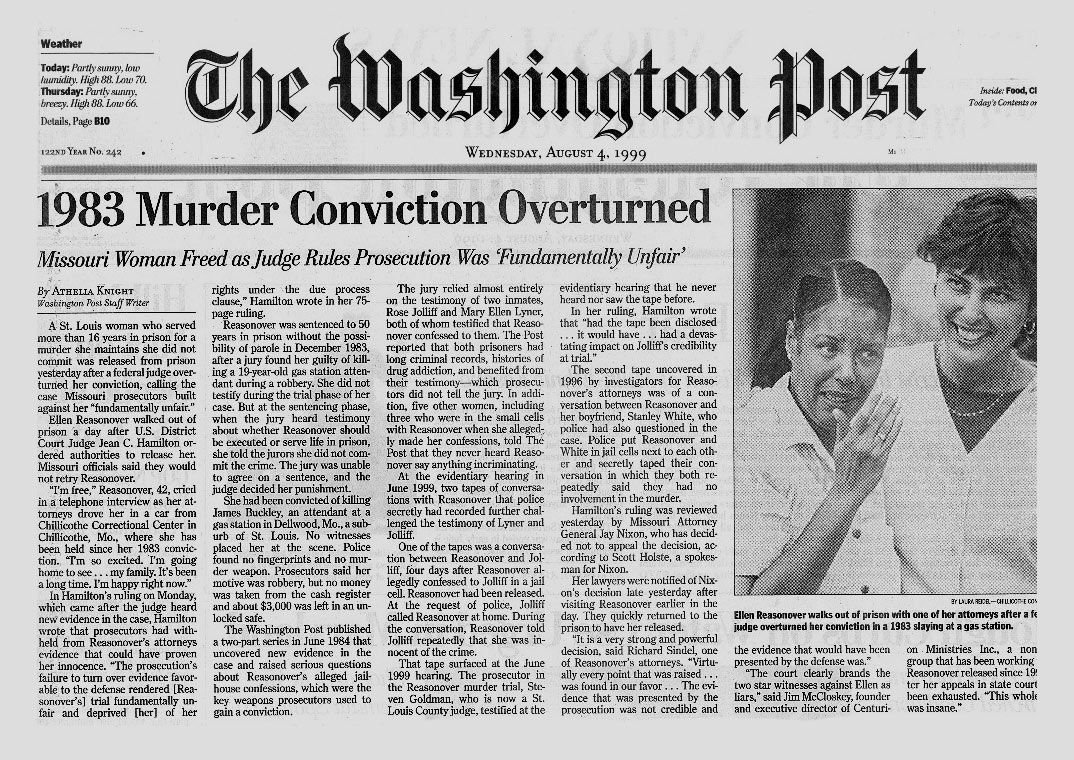

“I lost my child, my freedom, and nearly my life because of false jailhouse informant testimony.”
“I lost my child, my freedom, and nearly my life because of false jailhouse informant testimony.”
Ellen Reasonover Served 17 years

Reasonover with her Centurion legal team Jim McCloskey and Kate Germond. Photo courtesy of Centurion.
In 1983, Ellen Reasonover alerted the police about suspicious activity she had witnessed after learning about a murder at her local gas station in Dellwood, Missouri. Despite her earnest intention to help, she was arrested.
“Instead of thanking me, the police arrested me,” she said in an Omaha World Herald op-ed .
While waiting for trial, two jailhouse informants claimed that she confessed to the murder. They were offered leniency in their cases in exchange for testimony against her.
Although constitutionally obligated to disclose the deal with Reasonover’s attorney, prosecutors did not do so, making it difficult for the defense to raise issues of the jailhouse informant’s credibility. Reasonover was convicted of the murder and was one vote away from a death sentence. To her relief, she was sentenced to life in prison.
Reporter Tim Lampley interviews Ellen Reasonover, unlawfully convicted of murdering a gas station attendant in St. Louis. At 41, she was released from prison after serving 16 years. She later settled a multi-million dollar lawsuit In her case.
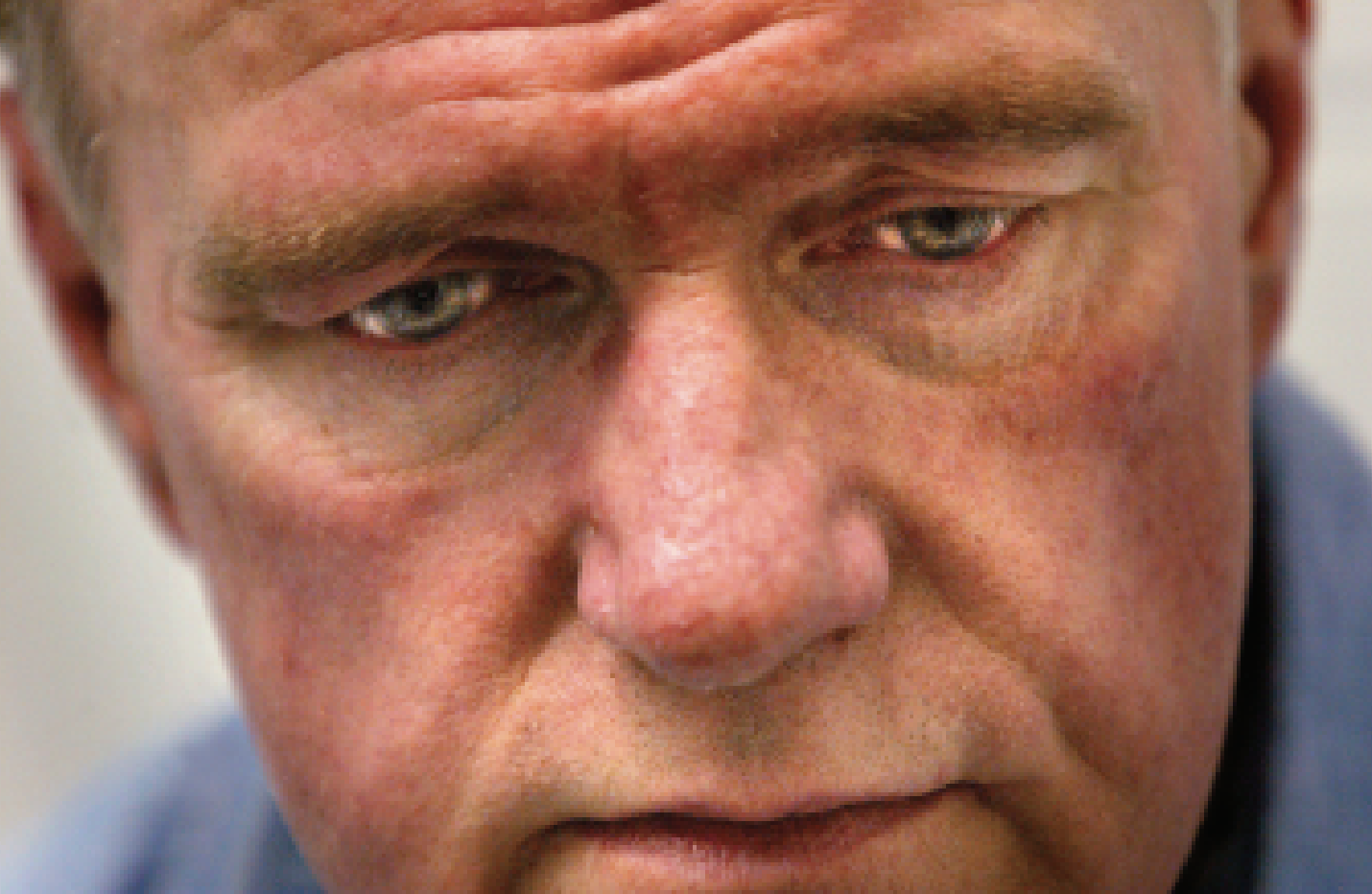
“I lost my child, my freedom, and nearly my life because of false jailhouse informant testimony,” she said.
In 1993, Centurion Ministries began investigating the case and found that prosecutors withheld key evidence, including a tape recording of Reasonover vehemently denying her involvement in the case, their jailhouse informant deal, and evidence that one jailhouse informant lied on the stand.
In 1999, Reasonover’s conviction was vacated and she was released from prison after 16 years.
Like James Kluppelberg and Marvin Reeves, Reasonover has testified on behalf of legislation to protect against false jailhouse informant testimony in courts.
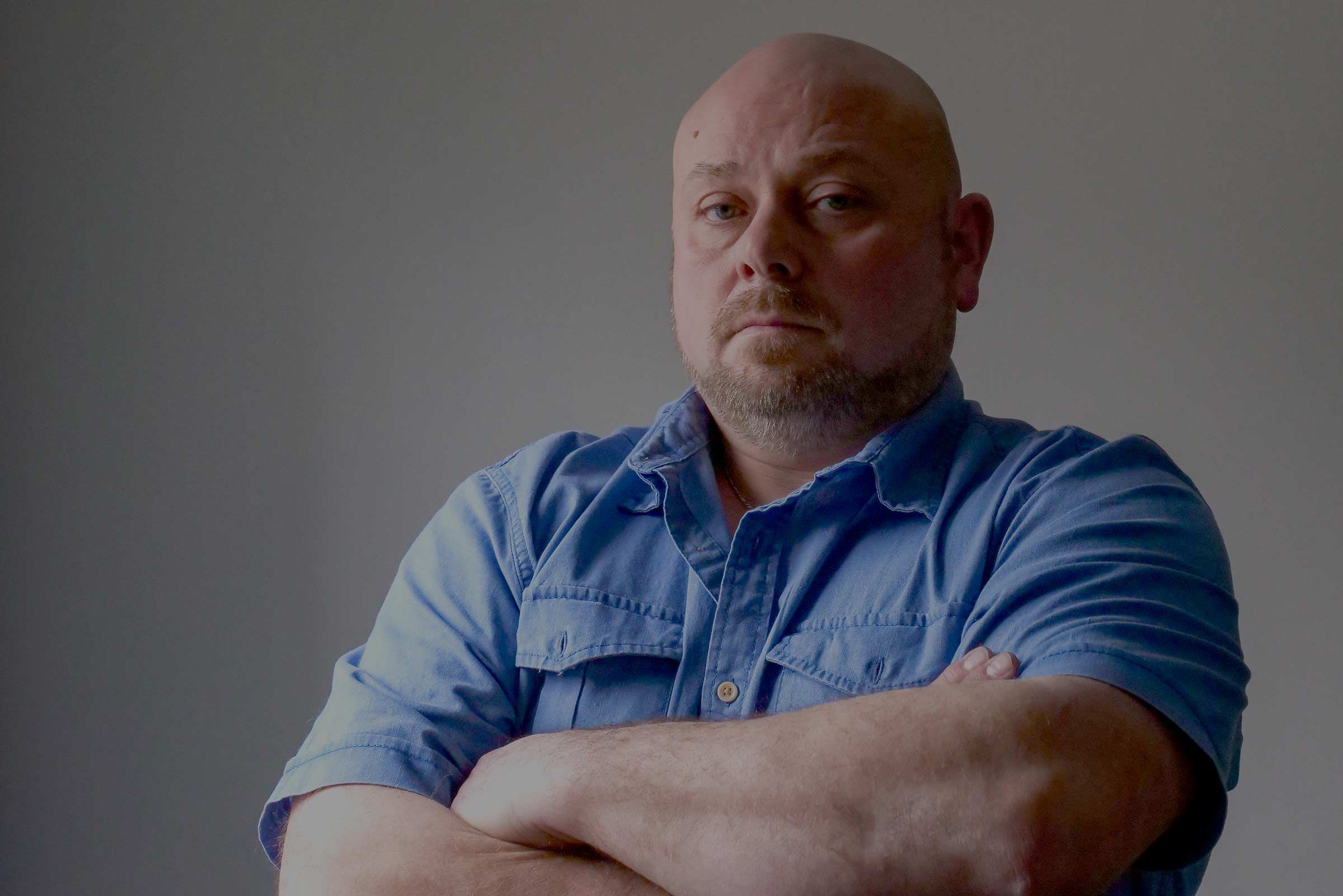
“I missed out on raising my son and by the time I was exonerated my son had a family of his own.”
“I missed out on raising my son and by the time I was exonerated my son had a family of his own.”
James Kluppelberg Served 25 years
James Kluppelberg was wrongfully convicted and spent 25 years in prison for setting a fire that killed a woman and her five children on Chicago’s South Side in 1984.
“I missed out on raising my son and by the time I was exonerated my son had a family of his own,” Kluppelberg said.
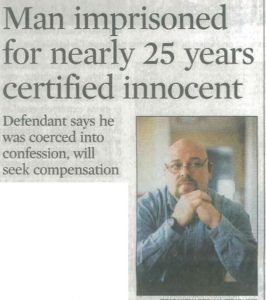
Kluppelberg in the Chicago Tribune on August 6, 2013.
More than three years after the fire, a man named Duane Glassco was arrested for burglary, theft and violation of probation. During questioning, Glassco said that he saw Kluppelberg going back and forth to the building where the fire broke out and alleged that Kluppelberg admitted to setting the fire. In 1989, a judge found Kluppelberg guilty largely based on Glassco’s testimony.
Years later, new evidence emerged of Kluppelberg’s innocence. Glassco recanted his statement, admitting that he agreed to implicate Kluppelberg in exchange for reduced prison time for a set of criminal charges he was facing. In addition, police reports were later discovered that documented an interview with a woman who said she may have started the fire, after admitting to setting another fire less than three blocks away.
Kluppelberg was finally freed in 2012, with representation from The Exoneration Project and in 2013 he filed a federal wrongful conviction lawsuit against the City of Chicago and the Chicago Police Department. In 2018, he settled for $9.3 million.
Months later, along with the Innocence Project, the Illinois Innocence Project, and exoneree Marvin Reeves, Kluppelberg was instrumental in helping to pass a groundbreaking jailhouse informant regulation law in Illinois , one of the strongest laws in the country.
“ No one can give me back the years I lost behind bars for a crime I didn’t commit,” Kluppelberg said.
“I was proud to advocate for this new law so that other innocent people won’t have to suffer the same fate.”